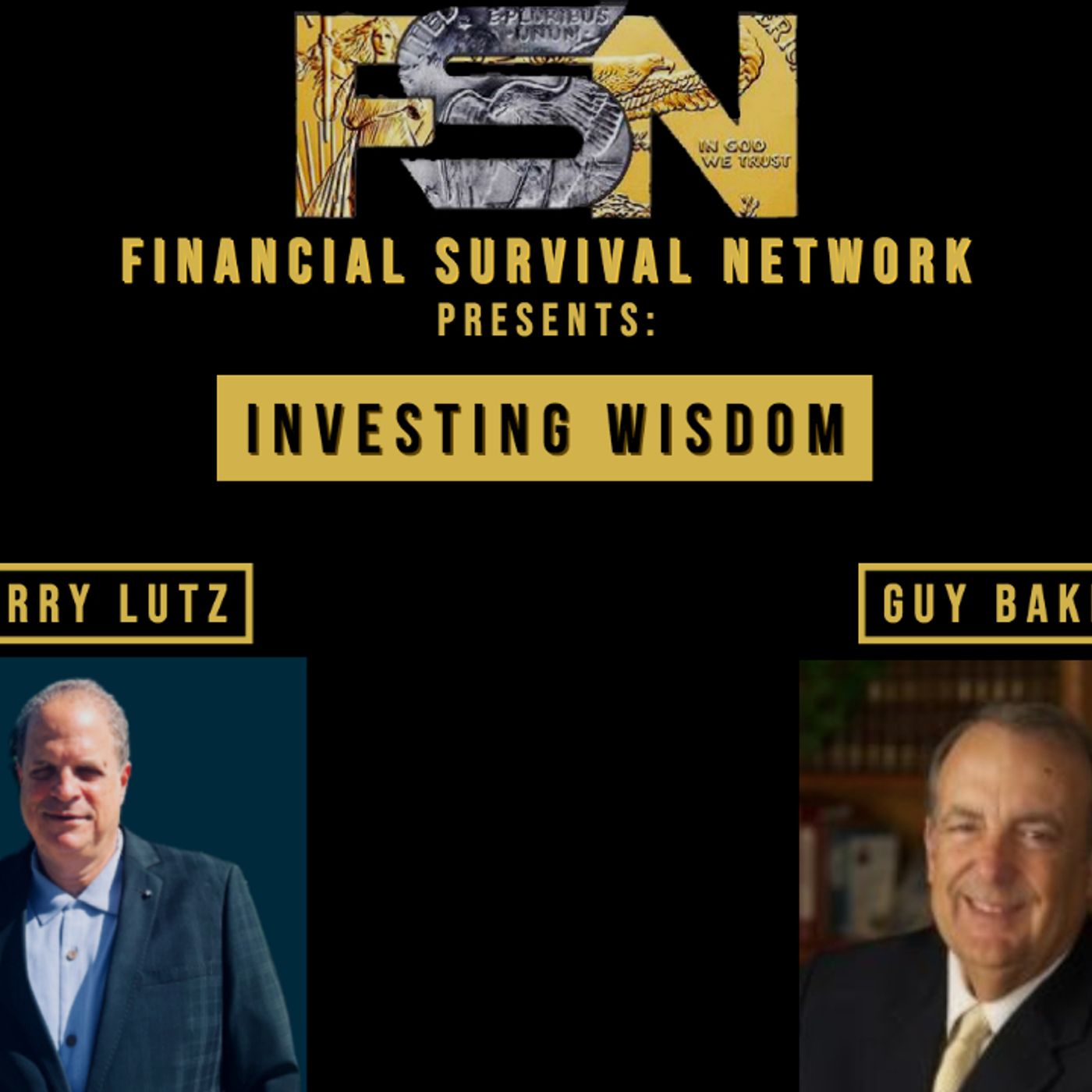
Investing Wisdom - Dr. Guy Baker #5511

Financial Survival Network
Shownotes Transcript
Summary: Guy Baker comes on the show to discuss the progression of the markets, and how to decide what to do next in the current economical circumstances. Since the market is lacking stability at the moment, it’s best to wait for it to stabilize before jumping in; if you are already in it, however, then it’s best to stay the course. No one can time the markets with exact precision, and there are a number of factors that spontaneously affect businesses and stocks at any given time. Tune in for our in depth discussion about some of these things. Highlights: -How do you decide whether to stay or go when navigating the markets? -Markets go up and down; if you look at the history of the markets, you can identify these ups and downs. You must ask yourself whether the return on the market has been 10% throughout history, and if it is going to stay this way -If you’re in the market, stay in the market. But if you’re out of it right now, it may be best to wait for more stability before re-entering -There is no evidence that anyone can time the market effectively year in and year out—most people that encounter success in the markets just get lucky -ETFs don’t have the gains/losses or fees that mutual funds have -Picking stocks is like a gamble -You’re better off investing in a largely diversified portfolio with low fees -Stocks are based on projected income; the important consideration becomes income and appreciation -Three basic currents in the market -The markets are a willing buyer and seller that are happy -Many emotional factors dictate what happens in trading -Markets perform based on expected historical return -There isn’t much stability or support behind crypto -There’s the industrial bubble, the technological bubble, and the government bubble -Inflation is necessary in a growing, vibrant economy Useful Links: Financial Survival Network Wealth Teams